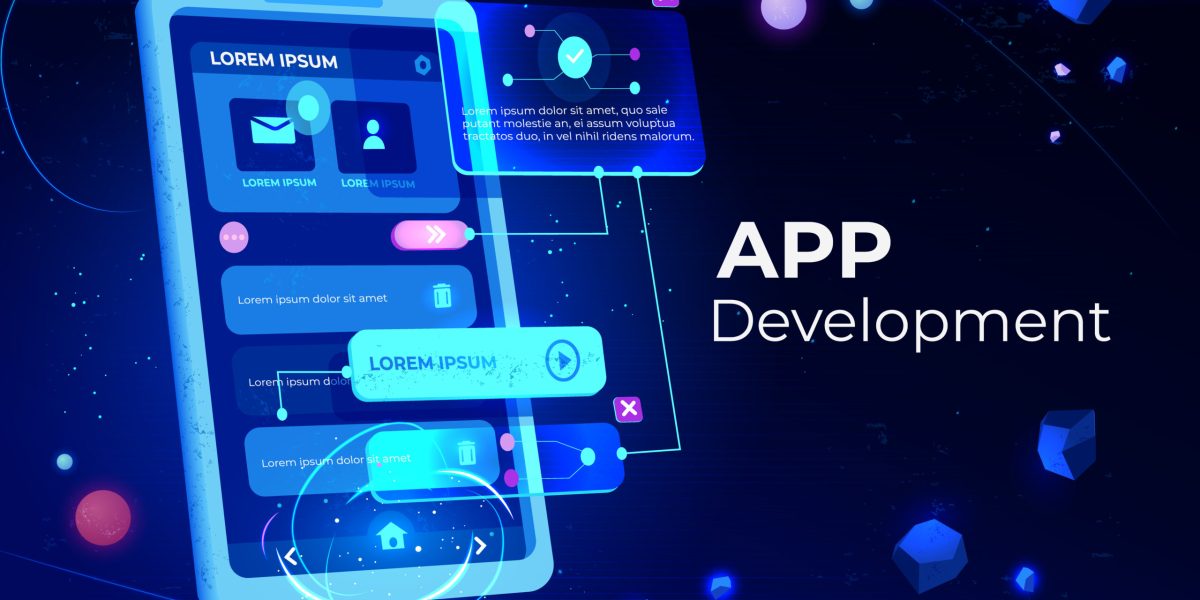The True Cost: Custom App Development vs. Template-Based Solutions – Making the Smart Choice for Your Business
In today’s fast-paced digital world, mobile apps are a must-have for businesses seeking to enhance their market presence and engage with users. One of the most critical decisions organizations must make is whether to go with custom app development or template-based solutions. This article provides a detailed breakdown of the costs, benefits, and factors to consider when choosing between the two options, helping you make a smart, informed decision for your business.
Introduction
As mobile app development continues to evolve, businesses now have multiple options for establishing their digital presence. While custom apps provide tailored solutions for unique business needs, template-based apps offer an affordable and quick alternative. The decision depends on several factors, including cost, timeline, and scalability. Here’s an analysis to guide you in understanding both approaches.
Custom App Development Costs
Custom app development allows businesses to create highly personalized mobile apps. This approach provides complete control over the app’s features and design, which is ideal for businesses with specific, unique needs. However, custom development comes with a significant cost.
- Cost Range: $30,000 to $150,000+ (depending on complexity, features, and the development team).
- Inclusions: Design, development, testing, and deployment phases.
- Higher Cost Justification: Custom apps are built from the ground up, meaning they provide unique functionalities, better user experiences, and greater flexibility in design and performance.
Template-Based App Development Costs
Template-based app development offers an easier, more budget-friendly solution. With pre-designed templates and predefined features, businesses can quickly create an app that fits basic needs with lower development costs.
- Cost Range: $2,000 to $25,000 (depending on customization).
- Additional Costs: Monthly subscription fees for updates and maintenance ($50 – $500/month).
- Quick Deployment: Template apps are faster to launch due to their ready-made structure and minimal development time.
Development Timeline Considerations
- Custom Development Timeline: Typically 4-6 months or longer, including requirements gathering, design, development, testing, and deployment.
- Template Development Timeline: Apps can be launched in weeks or even days, offering a significant advantage for businesses needing a quick entry into the market.
Long-Term Maintenance and Updates
- Custom App Maintenance: Generally costs 15-20% of the initial development cost annually for updates, bug fixes, and security patches.
- Template-Based Maintenance: Most template-based solutions include maintenance and updates in their subscription fees, simplifying budgeting for ongoing expenses.
- Custom Flexibility: Custom apps allow for more specific updates, customizations, and feature enhancements as business needs evolve.
Scalability and Future Growth
- Custom App Scalability: Offers greater flexibility and scalability, allowing for the addition of new features and the accommodation of growing user bases without technical limitations.
- Template-Based Scalability: Often lacks flexibility and may require a platform change if your business needs to expand beyond the template’s capabilities.
Return on Investment (ROI) Considerations
When evaluating ROI, it’s important to balance both short-term and long-term goals:
- Custom Apps: Tend to provide higher user engagement and retention due to a tailored user experience, which can lead to higher revenue generation.
- Template-Based Solutions: Offer quick market entry with lower initial costs, but may lack the unique features necessary to drive long-term growth and deeper user engagement.
Technical Support and Resources
- Custom Development Support: Requires ongoing technical support from developers who are familiar with the app’s codebase. The costs of support depend on the complexity of the issues and the rates of your development team.
- Template-Based Support: Includes basic technical support in the subscription fee, but advanced customization may require additional expertise and cost.
Making the Final Decision
When deciding between custom and template-based app development, consider the following factors:
- Business Goals: What are your unique requirements? Do you need custom functionalities or can you work with pre-built features?
- Budget and Timeline: Do you have the resources for a more significant upfront investment, or do you need a more affordable and quicker solution?
- Scalability Needs: Will your business grow quickly, requiring flexibility and customization in the future?
Sometimes, starting with a template-based solution and transitioning to a custom app later may be the most practical approach, especially for growing businesses.
Conclusion
Both custom and template-based app development have their advantages, and the choice should be based on your business’s goals, timeline, and budget. Custom app development offers unmatched flexibility and unique features at a higher cost, while template-based solutions provide quicker deployment and cost-effectiveness for businesses with standard needs. Understanding these factors will ensure you make the right choice for your business’s current and future needs.
If you’re looking to build a customized, high-quality app that scales with your business, Remotohire offers expert development teams and support to help you achieve your goals. Whether you choose custom development or template-based solutions, Remotohire can guide you through the process, ensuring your app meets your business objectives and delivers a seamless user experience.












